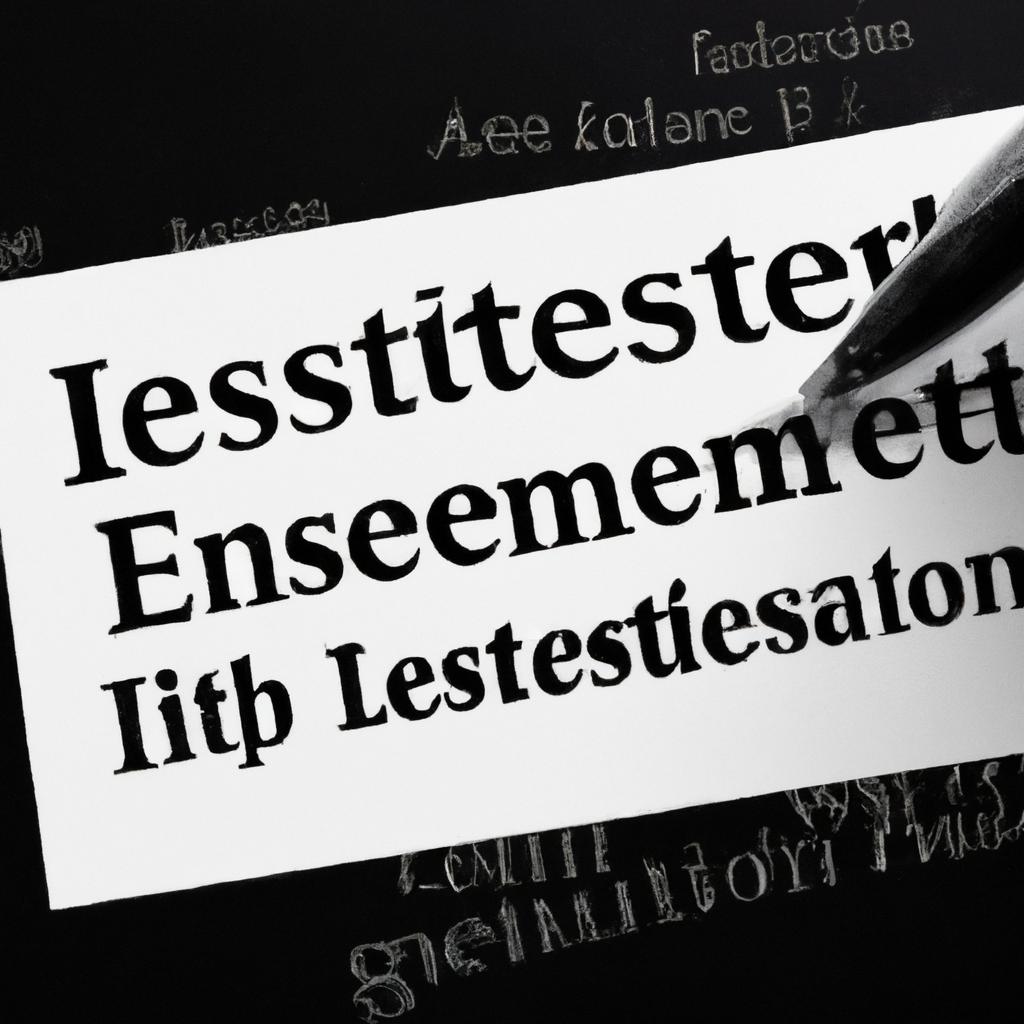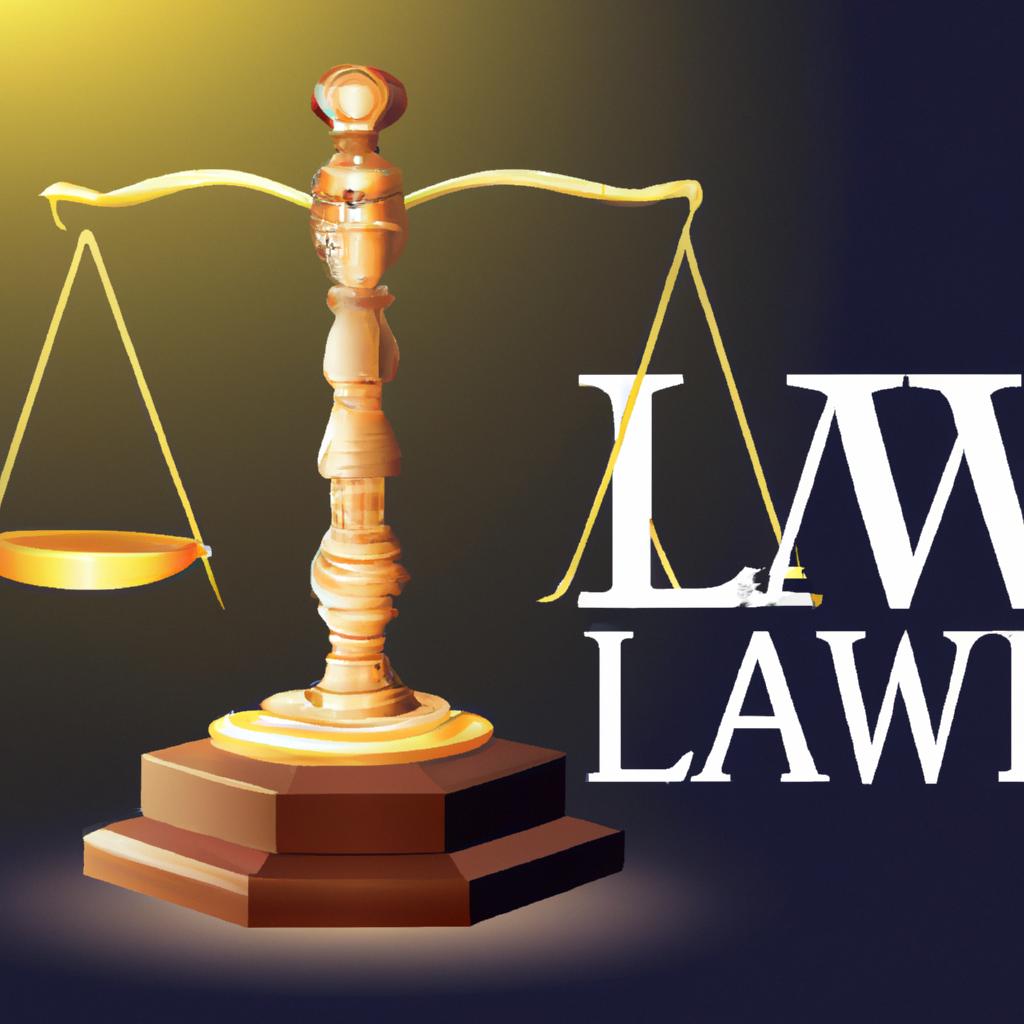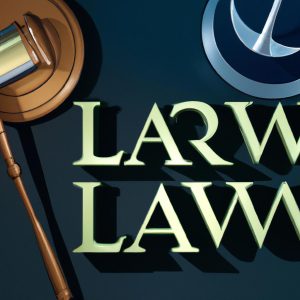In the intricate world of estate planning, the absence of a will can lead to unforeseen consequences in the distribution of one’s assets upon passing. As experienced practitioners in the field of probate and estate law, the Morgan Legal Group has witnessed firsthand the complexities that arise when individuals neglect to solidify their testamentary intentions. In the absence of a will, the fate of one’s hard-earned wealth is left in the hands of intestacy laws, dictating who ultimately receives their financial legacy. Join us as we explore the pivotal question: who gets your money if you die without a will
Intestate Succession Laws in New York State
In New York State, if you pass away without a will, your assets will be distributed according to the state’s intestate succession laws. These laws outline who will inherit your property and in what proportions. It is important to understand these laws to ensure that your assets are distributed in a manner that aligns with your wishes. Without a will, the court will follow a specific hierarchy to determine who receives your assets:
Spouse: If you are married and have no children, your spouse will inherit your entire estate. If you have children, your spouse will receive the first $50,000 of your estate plus half of the remaining balance, with the other half going to your children. Children: If you have children but no spouse, your children will evenly split your estate. If a child has predeceased you, their share will pass to their descendants. Parents: If you have no spouse or children, your parents will inherit your estate equally. Siblings: If you have no spouse, children, or parents, your siblings will divide your estate.

Identifying Heirs in the Absence of a Will
When a person passes away without a will, the process of identifying heirs can become more complicated. In New York, the intestacy laws determine who will inherit the deceased person’s assets. The first step in identifying heirs is to determine the decedent’s marital status at the time of death. If the individual was married, the surviving spouse will typically inherit a portion of the estate. If there are children, they may also be entitled to a share of the assets.
In the absence of a spouse or children, the next step is to look for more distant relatives who may qualify as heirs under the law. This could include parents, siblings, nieces, nephews, or even more distant relatives such as cousins. It is crucial to carefully review the intestacy laws in New York to ensure that the correct heirs are identified and that the assets are distributed according to legal requirements.

Complexities of Distribution Without a Will
When someone passes away without a will, the distribution of their assets can become quite complex. Without clear instructions on how to divide the estate, state laws known as intestacy laws will determine who inherits what. This can lead to unintended consequences and disputes among family members. In the absence of a will, the estate will typically be divided among the deceased person’s closest relatives, such as spouses, children, parents, and siblings.
It’s important to note that the distribution process can vary depending on the state laws in which the deceased person lived. In some cases, distant relatives may be entitled to a portion of the estate if there are no close family members. To avoid these uncertainties and ensure that your assets are distributed according to your wishes, it is highly recommended to consult with an experienced estate planning attorney to create a will or trust that accurately reflects your intentions.

Securing Your Assets Through Proper Estate Planning
When it comes to estate planning, it is crucial to ensure that your assets are properly secured and distributed according to your wishes. Without a will in place, your assets will be distributed according to state laws, which may not align with your intentions. This could result in your loved ones not receiving the inheritance you wanted them to have.
By creating a will, you can dictate exactly how your assets will be distributed and ensure that your loved ones are taken care of after you pass away. Additionally, a properly drafted will can help minimize estate taxes, avoid potential family disputes, and provide peace of mind knowing that your assets are in good hands. To safeguard your assets and ensure they are distributed according to your wishes, contact Morgan Legal Group today for expert estate planning guidance.
Q&A
Q: What happens to my money if I die without a will?
A: If you die without a will, your money will be distributed according to the intestacy laws of your state.
Q: Who gets my money if I die without a will?
A: The distribution of your money will vary depending on your marital status, whether you have children, and other factors outlined in the intestacy laws.
Q: Will my money go to my next of kin if I die without a will?
A: In most cases, your money will go to your closest living relatives, such as your spouse, children, parents, or siblings, if you die without a will.
Q: Can I ensure my money goes to specific individuals if I die without a will?
A: Unfortunately, without a will, you cannot guarantee that your money will go to certain individuals or causes.
Q: How can I avoid the complications of intestacy laws?
A: To avoid the complications of intestacy laws, it is important to create a will outlining your wishes for the distribution of your money and assets.
Wrapping Up
In conclusion, the fate of your assets after your death is not something to be left to chance. By creating a will, you can ensure that your hard-earned money goes to the people or causes you care about most. If you pass away without a will, the laws of intestacy will dictate who receives your assets – a process that may not align with your wishes. So take the time to plan for the future and make sure that your money is distributed according to your wishes. After all, it’s your legacy to leave behind.






